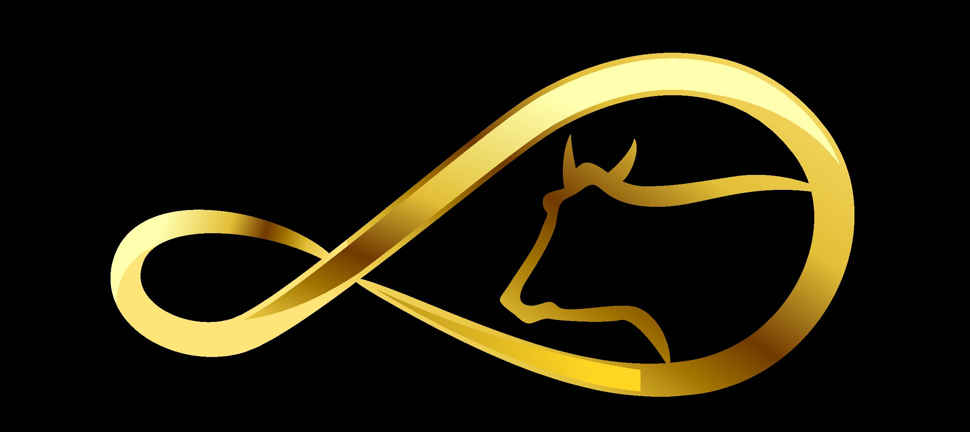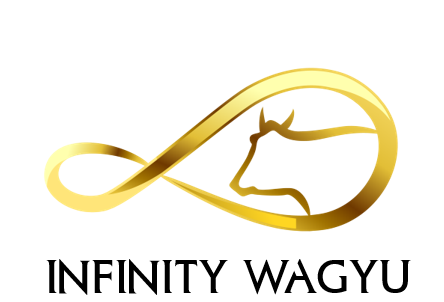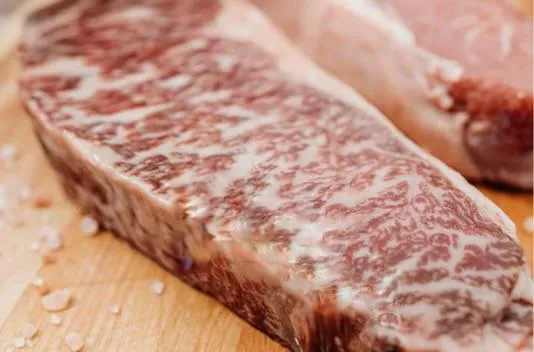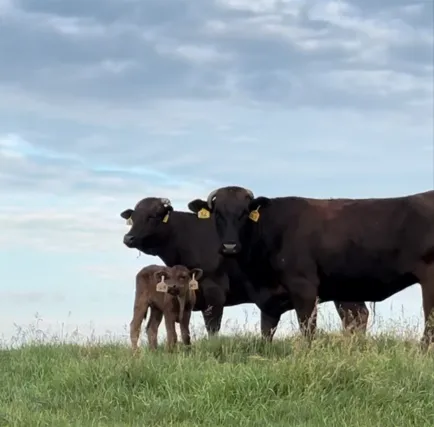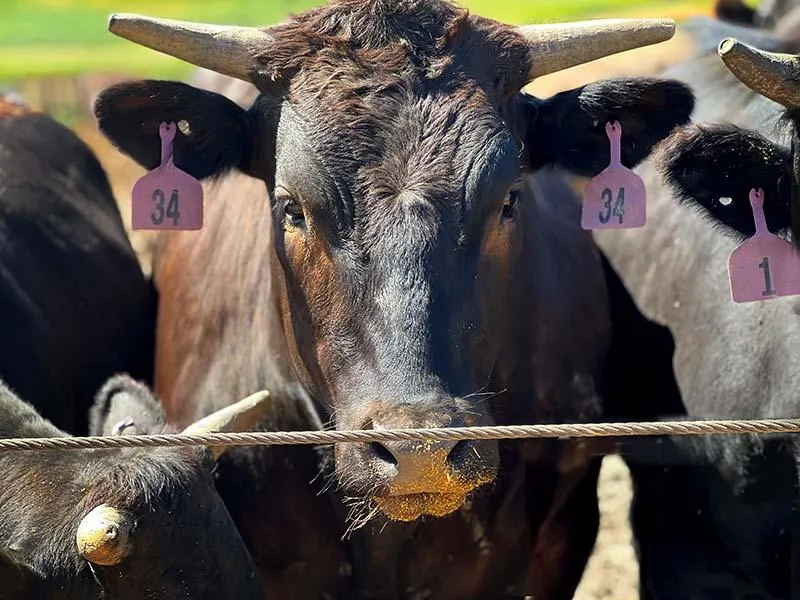Polled Power. Proven Genomics
Elite Wagyu Genetics
At Infinity Wagyu, we are passionate about producing elite Wagyu genetics that deliver exceptional quality, marbling, and performance. Our family-owned farms, Five Oaks Farm in Iowa and Crimson King Farm in New Hampshire, have come together with a shared vision: to raise the highest caliber of Fullblood Wagyu cattle.
Genetic Foundations & Featured Females
With years of experience and a deep commitment to the breed, we pride ourselves on offering breeders world-class genetics, backed by generations of proven bloodlines. Whether you’re looking to enhance your herd or invest in the future of Wagyu, Infinity Wagyu is dedicated to helping you succeed.
IOWA DREAM
Shigeshigetani Dream
Gii3 Dream
Gatekeeper Dream
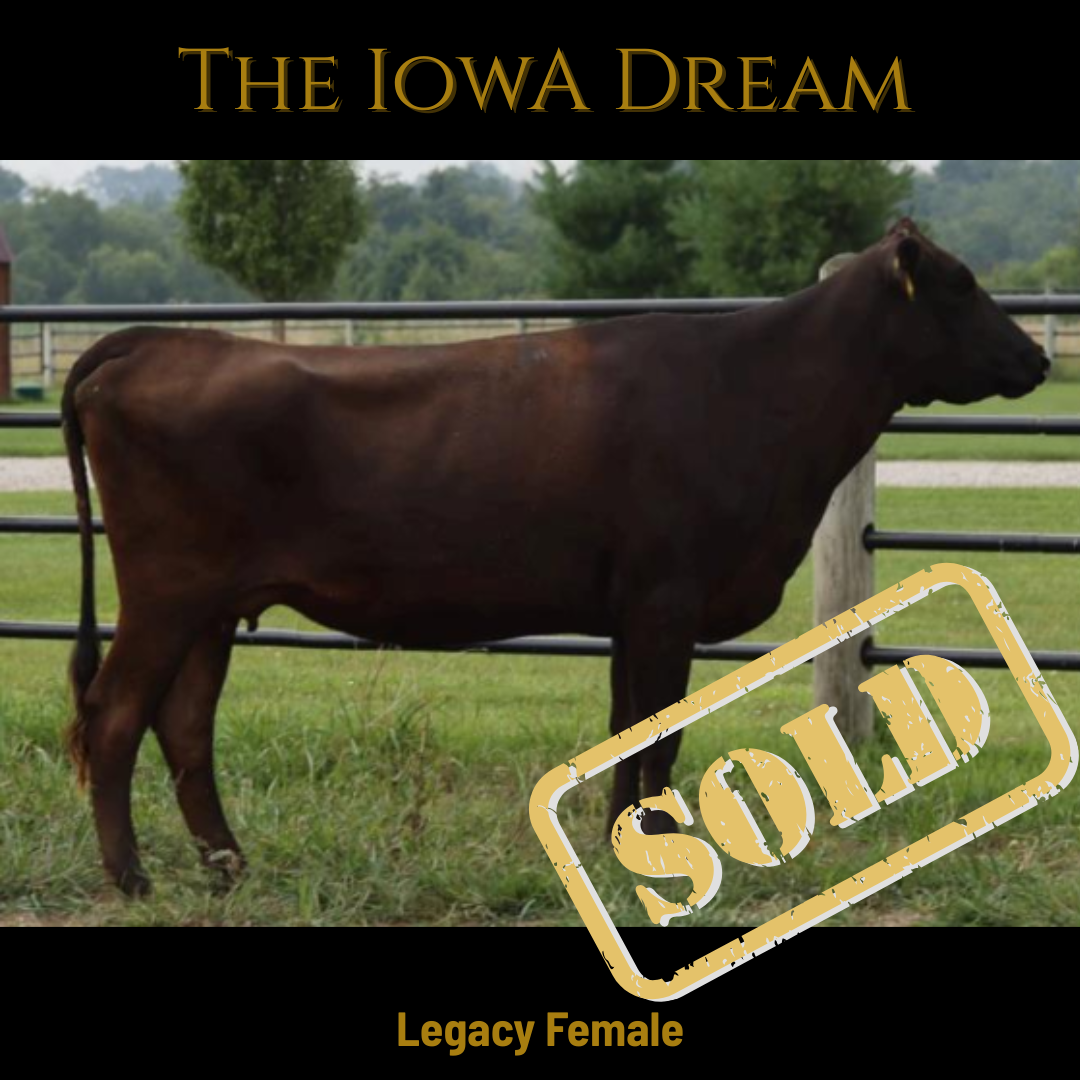
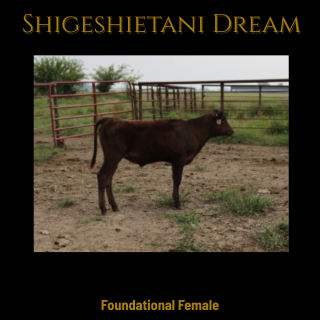
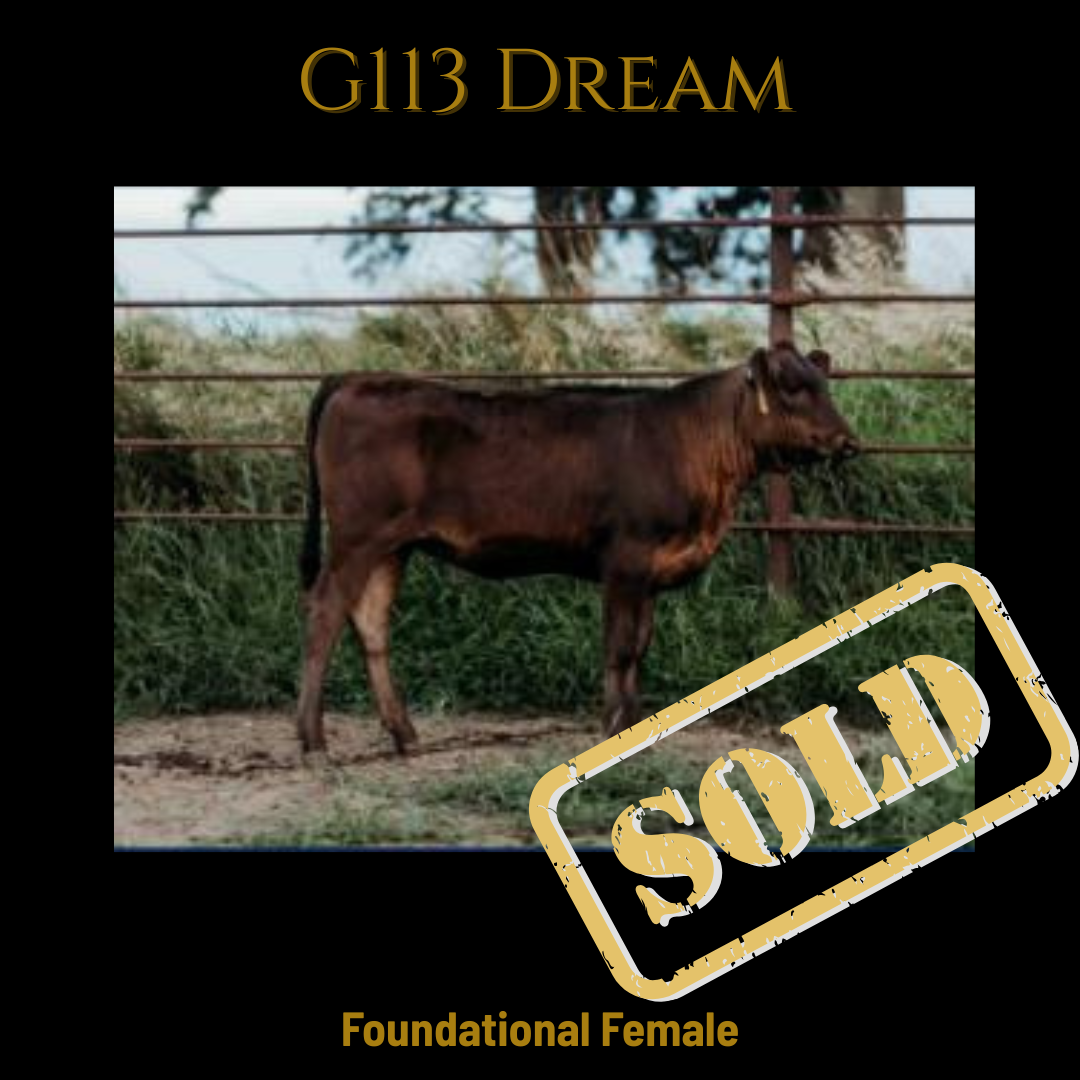
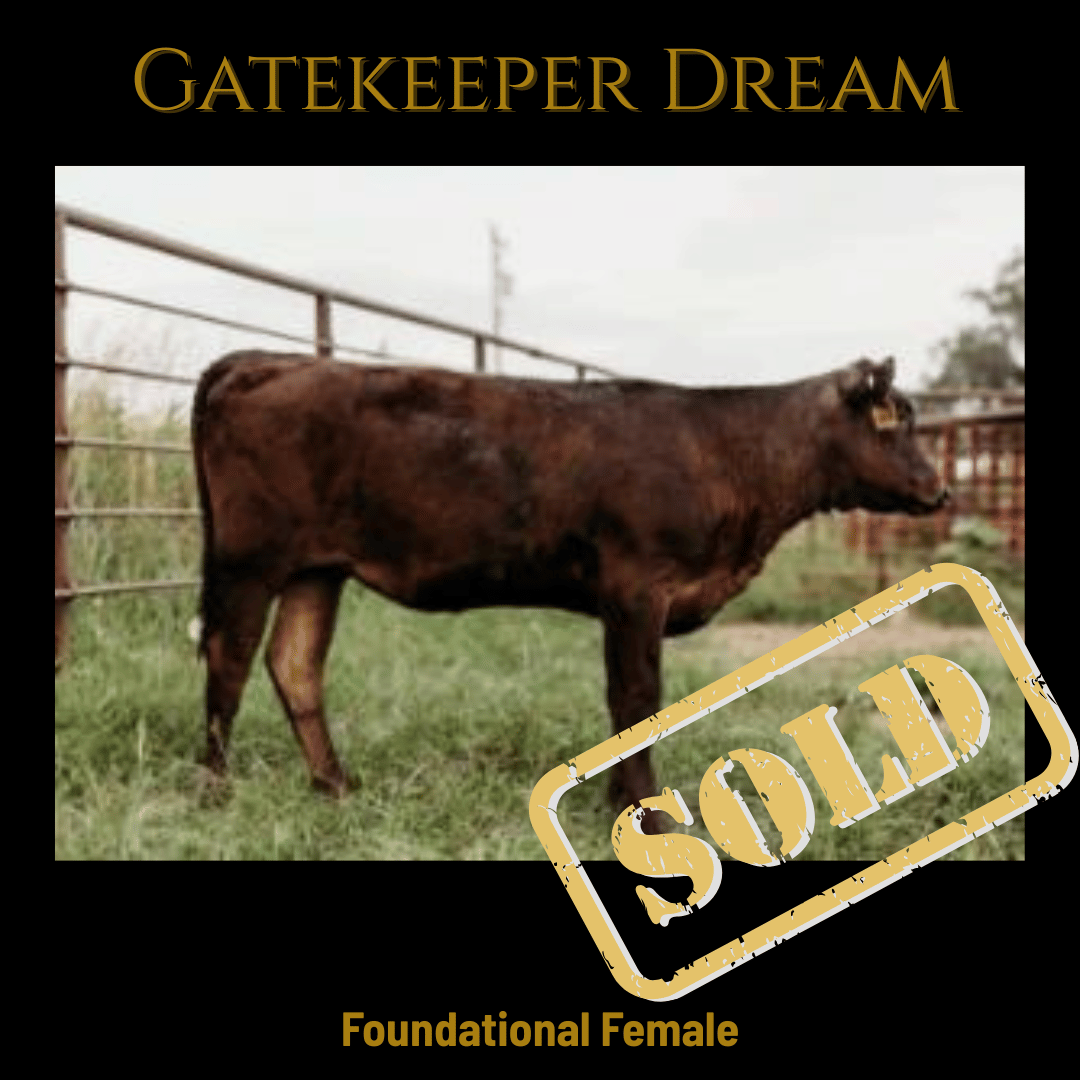
Power in Genomics
long term success and sustainability
At Infinity Wagyu, we understand that building a sustainable, successful herd requires more than just focusing on one trait. That’s why we focus on balanced genomics to produce well-rounded animals that excel in multiple areas – not just one.
Why is that important?
It means you can pair a foundational cow/heifer with any bull and still achieve a superior, well-rounded animal. You won’t have to worry about limiting your herd’s potential or being stuck with traits that don’t align with your goals.
We don’t believe in single-trait selection, and here's why: Sustainable, long-term success comes from animals that balance marbling, growth, and milk production.
Understanding EBV's
It's More Than Just One Value
EBVs are a prediction of a cattle’s genetic potential for specific traits, based on its pedigree and performance data. Higher or lower EBV values indicate how a bull or cow compares to others within the same breed.
Growth EBVs: Like 200-Day, 400-Day, or 600-Day weights, indicate growth potential.
Carcass Traits: Traits like Rib Fat, Eye Muscle Area (EMA), and Marbling Score are crucial for Wagyu producers focused on beef quality.
Maternal Traits: Calving ease, milk production, and fertility are important for herd longevity.
If an animal has a +10 kg EBV for 200-Day weight, this means it’s expected to produce calves that grow 10 kg faster than the breed average.
We encourage breeders to look at a balanced profile of EBVs rather than focusing on a single trait. For example, a high marbling score is great, but it should also be supported by strong growth rates and good maternal traits.
Cattle with favorable EBVs can lead to more efficient growth, better carcass quality, and ultimately more profitable breeding outcomes and sustainability.
